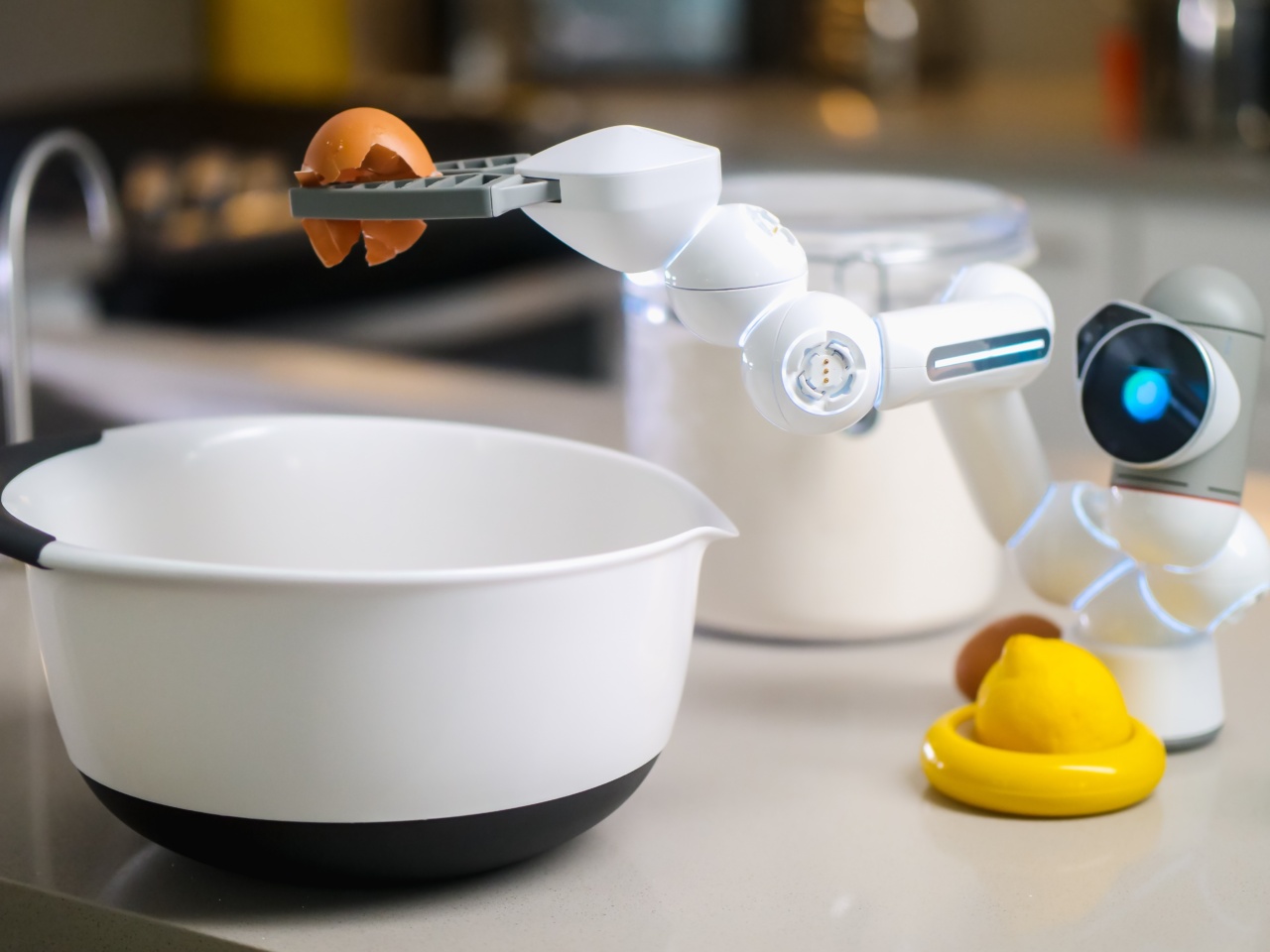The biological clock, often associated with a woman’s fertility, has long been a subject of concern for women who wish to delay starting a family.
However, recent advancements in reproductive technology have paved the way for a new solution – egg freezing. This innovative procedure offers women the opportunity to preserve their fertility and break free from the constraints of their biological clock.
In this article, we will explore the rise of egg freezing, its benefits, and the considerations that individuals should keep in mind when contemplating this option.
The Basics of Egg Freezing
Egg freezing, also known as oocyte cryopreservation, is a procedure that enables women to preserve their eggs for future use.
This process involves stimulating a woman’s ovaries with hormonal medications to produce multiple eggs, which are then extracted and frozen using a technique called vitrification. Vitrification ensures that the eggs are rapidly frozen, preventing the formation of ice crystals that could damage the delicate structure of the egg.
Breaking Barriers
Egg freezing has revolutionized the concept of female fertility by offering an alternative to the traditional timeline dictated by the biological clock.
It allows women to pursue various life goals, such as education, career development, or personal fulfillment, without the fear of compromising their chances of conceiving later on. This breakthrough procedure gives women the freedom to take control of their reproductive choices and consider starting a family when the time is right for them, regardless of their age.
Medical Reasons for Egg Freezing
Egg freezing is not solely limited to empowering women in their pursuit of personal and professional aspirations. It also serves as a valuable tool for individuals facing medical conditions that may impact their fertility.
Certain medical treatments, such as chemotherapy or radiation therapy, can potentially cause damage to a woman’s eggs or ovaries. By freezing eggs before undergoing these treatments, women can preserve their fertility and retain the option for biological parenthood in the future.
The Pros and Cons of Egg Freezing
Egg freezing offers numerous advantages, but individuals should also weigh the potential drawbacks before making a decision. Some key benefits include:.
1. Empowerment: Egg freezing allows women to make informed decisions about their reproductive choices and take control of their future.
2. Biological Flexibility: Women can delay pregnancy without worrying about the decline in their egg quality and quantity that occurs with age.
3. Medical Safety Nets: Individuals facing fertility-threatening medical treatments can ensure their chances of parenthood remain intact.
However, it is important to consider the following concerns:.
1. No Guarantee: Freezing eggs does not guarantee a successful pregnancy in the future. It only preserves the eggs’ potential viability.
2. Costs: Egg freezing can be an expensive procedure, including the initial stimulation, extraction, and storage fees. Ongoing storage costs may also apply.
3. Emotional Investment: The process of egg freezing can be emotionally taxing, with individuals grappling with the decisions and implications surrounding fertility preservation.
Egg Freezing Success Rates
The success rates of egg freezing have significantly improved over the years due to advancements in techniques and technologies.
However, it is crucial to understand that the outcome may vary based on various factors, such as the age at which the eggs were frozen and the number of eggs stored. Generally, the younger a woman is when she freezes her eggs, the higher the chances of achieving a successful pregnancy later on. Consulting with a fertility specialist can provide more personalized information based on individual circumstances.
The Role of Counseling
Considering the emotional and psychological implications associated with egg freezing, counseling plays a crucial role in the decision-making process.
Professional counselors can help individuals explore their motivations, expectations, and fears related to fertility preservation. They provide a supportive environment to address concerns and ensure that individuals have realistic expectations regarding the potential outcomes of the procedure.
Choosing a Fertility Clinic
When deciding to proceed with egg freezing, choosing the right fertility clinic is vital.
Factors to consider include the clinic’s success rates with frozen eggs, the expertise of the medical team, the available support services, and the overall cost of the procedure. Researching and consulting multiple clinics can help individuals make an informed decision aligned with their needs.
Egg Freezing and Family Planning
Egg freezing is not intended to replace or discourage natural conception methods. It is rather an option that provides individuals the freedom to make choices about their family planning.
It offers women an extended timeframe to find a suitable partner if desired, or to establish a stable foundation before embarking on parenthood. However, it is essential to approach the decision of when to utilize the frozen eggs with careful consideration and consultation with medical professionals.
Conclusion
Egg freezing has emerged as a powerful tool, breaking the biological clock and enabling women to have greater control over their reproductive choices.
It offers the opportunity to preserve fertility, pursue personal and professional aspirations, and overcome medical challenges that threaten the likelihood of future parenthood. However, individuals should thoroughly assess both the benefits and limitations, seek counseling, and carefully select a reputable fertility clinic to ensure the best possible outcomes.
With its increasing popularity, egg freezing is transforming the world of female fertility, unlocking new possibilities for women everywhere.






























